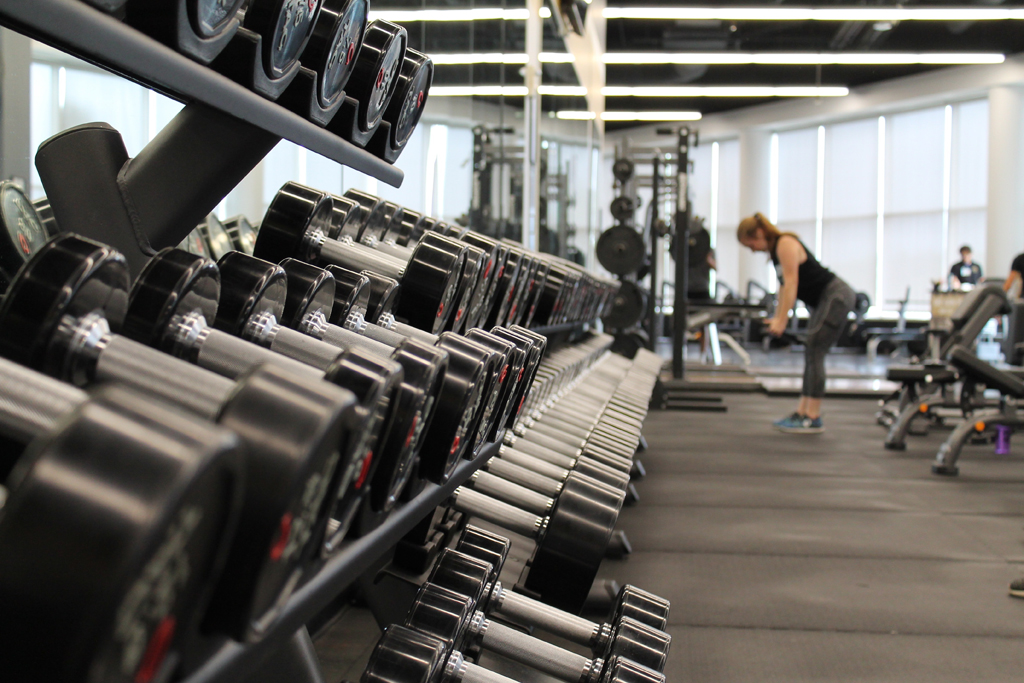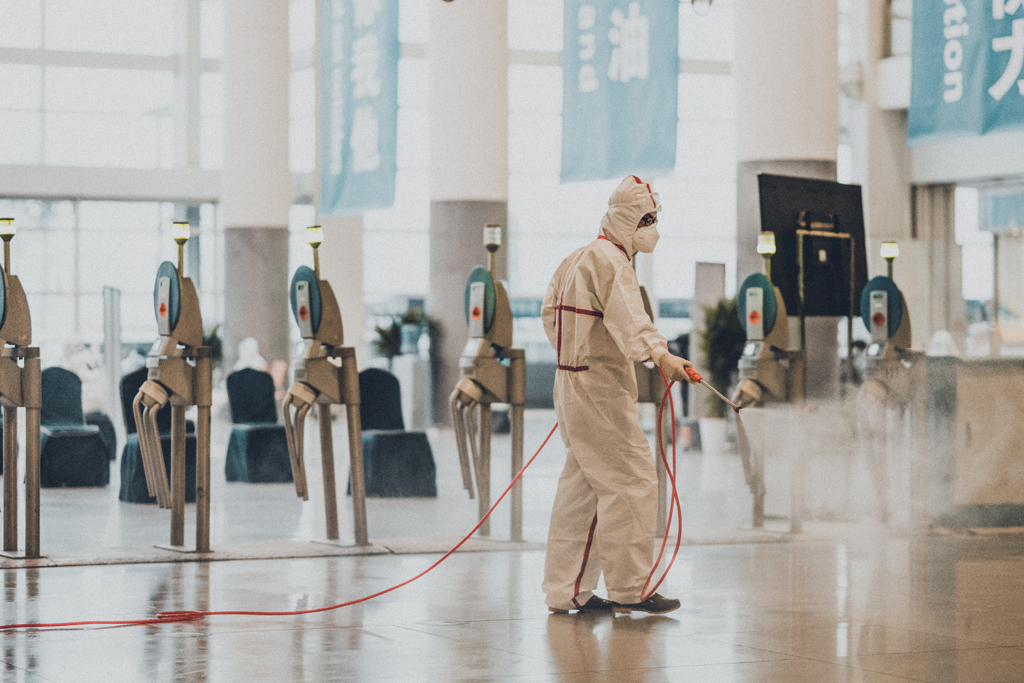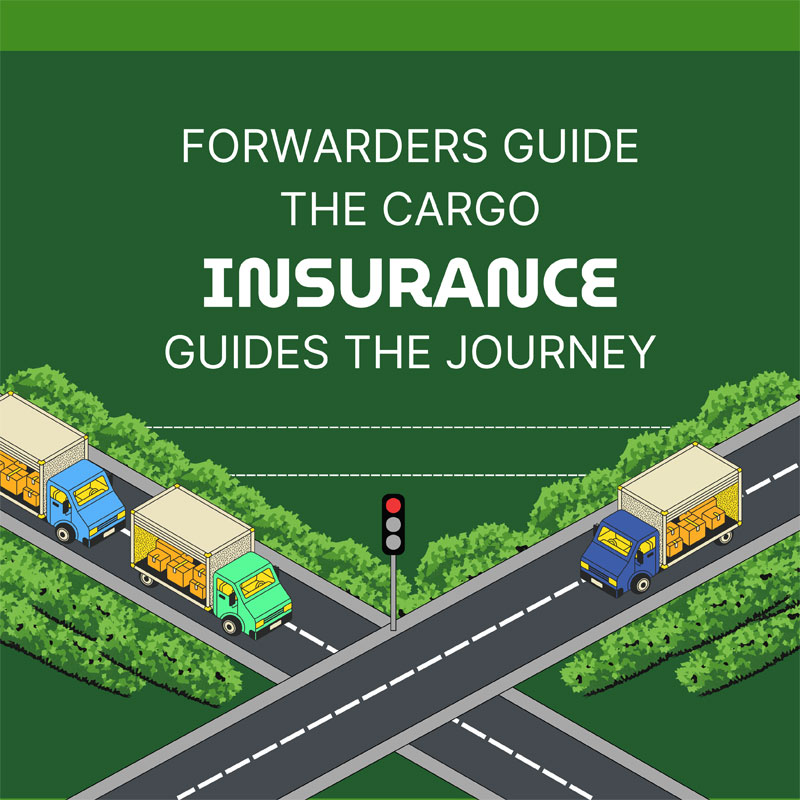18 APRIL, 2020 | 6 MIN READ
COVID-19, PROPERTY POLICIES AND PHYSICAL DAMAGE
 Photo from Pixabay
Photo from Pixabay
Property insurances provide cover for perils involving physical damage. It might be
direct physical damage or direct physical loss, but either way, actual physical damage
must happen. But in times like this you need a good, clear definition of 'damage'
because policies don't define it. It might seem simple enough but Covid-19 has created
complications.
Here's what physical damage means to you in a property insurance context.
DEFINING PHYSICAL DAMAGE IN PROPERTY INSURANCE
Life can get tricky at times like this when terms like 'physical damage' are not clearly defined. So what, exactly, is physical damage? If a policy doesn't provide a definition of its own for a term used in the policy document, the law refers to a standard dictionary and uses that definition, simply because it's what insured people would naturally do. The Merriam Webster dictionary, for example, defines damage as loss or harm resulting from injury to person, property or reputation. But even this isn't definitive enough. Take things a bit further, define the word 'loss' and you get 'destruction or ruin'. More complex still, 'harm' is defined as 'physical or mental damage'. It's easy to see why people get confused.

PHYSICAL DAMAGE AND COVID-19
Insurance works on the principle of indemnity – if the property is damaged, the insured suffers a financial loss and can
be compensated, returned to the same financial state they were before the loss took place because the property gets
replaced or repaired. The virus does not harm physical property. It harms people, jobs, and companies, but it is a living thing, it's very small, and you can wipe it off surfaces.
The building plus any personal property as laid out in the policy is covered, including fixtures and fittings, permanently installed equipment and machinery, furniture, stock, and property belonging to others in the insured’s care. Extra cover is usually offered for things like fungus, wet rot, dry rot and bacteria but a virus and a bacterium are very different, so the cover doesn't apply.
The discharge, dispersal, and seepage of pollutants like solids, liquids, gases, thermal irritants and contaminants like
smoke, vapour, soot, and fumes isn't relevant to Covid-19, so there's no cover there either. The virus doesn't 'soil, stain,
corrupt or infect by contact or association' but infects people. The pollution exclusion means there's no cover for
pollution unless it's caused by a 'specified cause of loss', in other words, fire, lightning, explosion, wind storm, hail,
smoke, aircraft or vehicles, riot, civil commotion, vandalism, sinkhole
collapse, volcanic action, falling objects, weight of snow, ice or sleet or water damage.
What if a person enters your building? Could that be seen as a 'discharge, dispersal, or other kind of release'? Again, this
takes us back to basics, to the dictionary. Merriam Webster defines discharge as 'relieve of a charge, load or burden, to
unload, release from an obligation, to let or put off as discharging passengers'. Dispersal means spreading organisms
widely from one place to another, so do people disperse Covid-19 when they enter a building?
A doctor from San Francisco recently attended a New York conference along with hundreds of others. On his return, he
tested positive for the virus. The other people at the conference were also possibly exposed. Is this defined as
'dispersing the virus'? Apparently yes, it is, even if the illness is dispersed by accident. This is a very different scenario
for closing businesses because of the threat of exposure or spread. Because a threat doesn't constitute physical
damage, there's no cover.
 Photo by Danielle Cerullo on Unsplash
Photo by Danielle Cerullo on Unsplash
BUSINESS INTERRUPTION AND THE CIVIL AUTHORITIES
What happens when local authorities force bars, restaurants, gyms and so on to close to stop the spread of the virus? Under these circumstances, we're looking at an endorsement.The cover is provided for business income lost because the company has been suspended officially. There must have been a direct physical loss of or damage to the property. Losses triggered by the civil authorities prohibiting access to an insured property because of damage to other property is also covered, under two conditions:
- The other property must be within one mile of the insured property.
- The action of the civil authority must happen in response to dangerous physical conditions resulting from the loss, continuation of the covered cause of loss that caused the damage or to let the authority get into the property
 Photo by Tedward Quinn on Unsplash
Photo by Tedward Quinn on Unsplash
THINGS MIGHT CHANGE – WE'LL KEEP YOU UPDATED
Having said all that, the times we're living through are unique and things may change. It's possible that insurers
might be forced by the courts to pay claims, over-riding the language used in the policy. Like so much of the future,
there's no way to tell... yet.
But not to worry, we'll keep you posted with all the latest developments.
NOT UP-TO-DATE WITH OUR MONTHLY ARTICLES? FIND ISSUES HERE
IF IT CAN HAPPEN THERE, IT CAN HAPPEN ANYWHERE. OVERCONFIDENCE IS USUALLY HOW LOSS SNEAKS IN
AKTIV ASPAC AT MIAPEX 2025:
WHERE COMPLIANCE MEETS CONNECTION
TRANSPORT LITHIUM BATTERIES SAFELY – A RISK & INSURANCE PERSPECTIVE FOR FREIGHT FORWARDERS
ERRORS & OMISSIONS
GROWING A PICKLEBALL BUSINESS? DON’T OVERLOOK INSURANCE
MALAYSIA'S DRAMATIC MONSOON FLOODS - HOW INSURANCE HELPS
A YEAR TO REMEMBER - 2024 TYPHOONS, FLOODS, SHIPWRECKS AND SINKHOLES
PROSTHETIC PIRATE LEGS, RIVERBANK COLLAPSES, HALF A MILLION JOBS IN AI AND MORE
BOOMING INDUSTRY, POTHOLES, MID-AIR THEFT AND EMPLOYEE SHORTAGES
UNSEEN INSURANCE STORIES BEHIND THE HEADLINES
